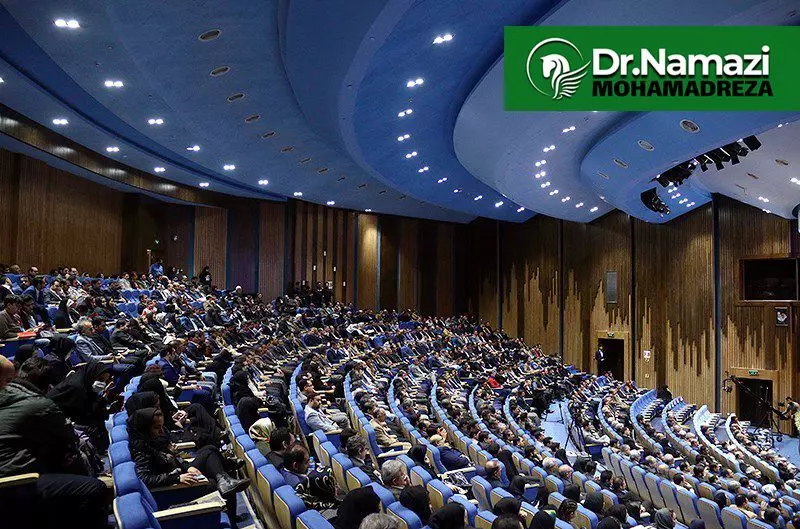Dr Mohamadreza Namazi | The Future of IoT: Implications for Businesses and Smart Cities
The Future of IoT: Implications for Businesses and Smart Cities
The Internet of Things (IoT) is revolutionizing the way businesses and individuals interact with technology. By connecting everyday objects to the internet, IoT has enabled seamless communication, automation, and enhanced data analysis. This paper explores the implications of IoT in the context of business innovation and smart cities, focusing on key areas such as efficiency, data-driven decision-making, and improved customer experiences. Additionally, the article discusses the challenges businesses face in adopting IoT solutions, including data security, scalability, and infrastructure. As the IoT ecosystem continues to grow, it is vital for organizations to adopt strategies that integrate IoT into their operations to stay competitive in an increasingly digital world.
Keywords: Internet of Things, IoT, Business Innovation, Smart Cities, Automation, Data Security, Digital Transformation

Introduction
The Internet of Things (IoT) refers to the network of physical devices, vehicles, home appliances, and other objects embedded with sensors and software that allow them to connect and exchange data over the internet. The widespread adoption of IoT technologies is rapidly transforming industries and societies, enabling businesses to operate more efficiently and customers to experience smarter services.
Business Implications of IoT
In the business world, IoT can drive innovation by improving operational efficiencies, enhancing customer engagement, and enabling new business models. For example, in the retail sector, IoT allows for better inventory management through smart shelves and real-time data analysis, while in manufacturing, predictive maintenance and supply chain optimization are now achievable through IoT sensors.
Smart Cities and IoT
The concept of smart cities has gained significant attention due to IoT’s ability to enhance urban living. IoT-based solutions in smart cities include connected transportation systems, smart grids, and efficient waste management. These technologies help reduce costs, improve public services, and make cities more sustainable and resilient.
Challenges in IoT Adoption
Despite the many benefits, the adoption of IoT technologies comes with its own set of challenges. Data security and privacy concerns are paramount, as more devices are connected to the internet. Moreover, scalability and infrastructure development are key factors that businesses must consider when integrating IoT into their operations.
Conclusion
As IoT continues to evolve, it holds significant promise for reshaping the business landscape and urban environments. However, to unlock the full potential of IoT, businesses must navigate the challenges of security, scalability, and integration. The future of IoT lies in its ability to seamlessly blend into everyday life, enhancing business operations and making cities smarter and more efficient.
References:
- Ashton, K. (2009). That 'Internet of Things' Thing. RFID Journal.
- Zhang, X., & Xie, L. (2018). IoT-Based Smart City Applications: Challenges and Solutions. International Journal of Computer Science and Network Security, 18(12), 112-120.
- Lee, I., & Lee, K. (2015). The Internet of Things (IoT): Applications, investments, and challenges for enterprises.
- Business Horizons, 58(4), 431-440.